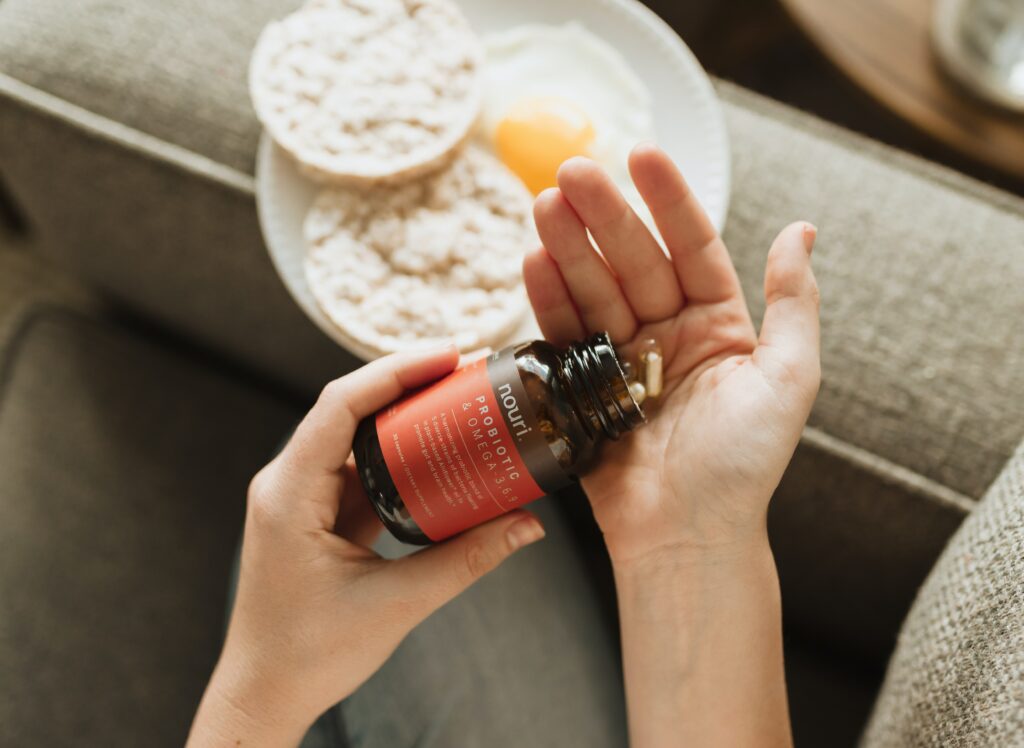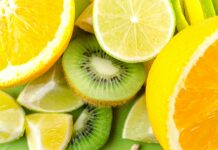Did you know that the human body houses over 100 trillion bacteria? They outnumber our own cells by ten to one and live all over our skin, mouths, and most predominantly in our guts, which can stretch out up to 25 feet long. Maintaining an optimal balance of these microbes between the “good” and the “bad” is essential for our health.
A healthy gut microbiome
The gastrointestinal tract is home to a delicately balanced ecosystem of microbiota. Beneficial, health-promoting “good” bacteria, like lactobacilli and bifidobacteria, balance out the harmful, pathogenic “bad” bacteria in a well-functioning system. However, this balance can be disrupted frequently by common lifestyle triggers such as diets high in FODMAPS, daily stressors, the overuse of antibiotics, and medications to treat reflux.
Diseases start in the gut
As Hippocrates, the “father of medicine,” said over 2,000 years ago, “All disease begins in the gut.” Gut dysbiosis, or an imbalance of intestinal bacteria, has been linked to various health conditions, many autoimmune in nature, such as irritable bowel syndrome, celiac disease, psoriasis, type 2 diabetes, rheumatoid arthritis, multiple sclerosis, and thyroid disease, among others. Gut dysbiosis can cause symptoms ranging from intestinal distress, bloating, nausea, diarrhea, and constipation to headaches, sugar cravings, skin rashes, and joint pain.
The usage of probiotics and prebiotics for gut health
Probiotics play a vital role in promoting a healthy gut, serving several beneficial functions such as aiding digestion by breaking down food and enhancing nutrient absorption, regulating metabolism, generating useful energy sources, and regulating immune function.
Increasing your daily intake of probiotics through food or supplementation helps repopulate the beneficial bacteria in your gut, which can relieve some of those uncomfortable symptoms and even work in combination with other dietary and lifestyle changes to reverse autoimmune disease.
Probiotic-rich foods
Probiotic-rich foods are foods that contain good bacteria that are beneficial for your health.
- Some examples of these foods include yogurt and kefir, which are fermented dairy products. When choosing yogurt, it’s important to check the label to make sure it contains specific strains of probiotics like lactobacillus acidophilus or bifidus. Plain yogurt is a better choice than flavored options because it has less sugar, which can feed harmful bacteria in your gut. If you can’t tolerate lactose, look for kefir that is 99% lactose-free. If you don’t eat dairy, there are non-dairy options like coconut yogurt or kefir.
- Another great source of probiotics is fermented vegetables like kimchi and sauerkraut. These can be found in health food stores or easily made at home using our fermentation resources on Pinterest.
- Lastly, you can try drinking kombucha, which is a fermented tea that contains SCOBY (Symbiotic Culture of Bacteria and Yeast), a living organism that is similar to yeast and yogurt cultures. You can find kombucha in many stores, or you can brew your own if you’re interested.
Probiotic supplements

When searching for probiotic supplements, it is advisable to choose high-quality ones that contain multiple species of bacteria with a colony-forming unit (CFU) count in the billions. These supplements can be found in most pharmacies behind the counter in their refrigerators or in health food stores and online retailers like Amazon.
Since probiotics are living organisms, the supplements will only be effective if the bacteria are alive. Heat, stomach acid, or the passage of time can kill probiotics. For optimal storage, most probiotic supplements should be kept in the refrigerator. Some probiotic supplements are freeze-dried and shelf-stable, but they still have an expiration date.
When should I take my probiotics?
The ideal moment to consume probiotic supplements is early in the morning on an empty stomach, after drinking a glass of water, and around 15 minutes prior to having a meal. By drinking water, you can balance the stomach acid and boost the survival chances of beneficial bacteria. Additionally, starting your probiotics before eating prevents them from getting delayed in your stomach due to food, which helps them reach your intestines, where they can perform their best.
Prebiotics for gut health
Prebiotics and probiotics have a mutually beneficial relationship as prebiotics serve as the food source for probiotics. These non-digestible fiber compounds avoid digestion and undergo fermentation by the microbiome in your colon.
When consumed together or separately, prebiotics and probiotics work synergistically to promote the growth of beneficial bacteria, maintaining a healthy balance of bacteria in your gut. Most likely, you are already consuming prebiotic-rich foods in your diet, but it is crucial to consume them regularly.
To ensure that you are consuming prebiotic-rich foods regularly, include these common prebiotic-rich foods in your diet:
- Onions
- Garlic
- Leeks
- Asparagus
- Bananas
- Apples
- Cruciferous vegetables (cabbage, kale, broccoli)
- Dandelion greens, endive, radicchio
- Whole grains
- Flaxseed
- Honey
Preparing prebiotic-rich foods
To retain the healthy prebiotic fiber in these foods, it is best to cook them less. However, eating large quantities of these high-fiber foods in raw form can lead to gas and bloating as the fiber is difficult to digest.
It is advisable to make dietary changes gradually to avoid disrupting your digestive system. Individuals with FODMAPs intolerance or irritable bowel syndrome may benefit from a prebiotic supplement like inulin powder. Before starting any new supplements, it is always wise to consult with your physician.
Overall, probiotics and prebiotics support various aspects of health, including digestive health, immunity, bone density, elimination regularity, weight management, and brain health.



